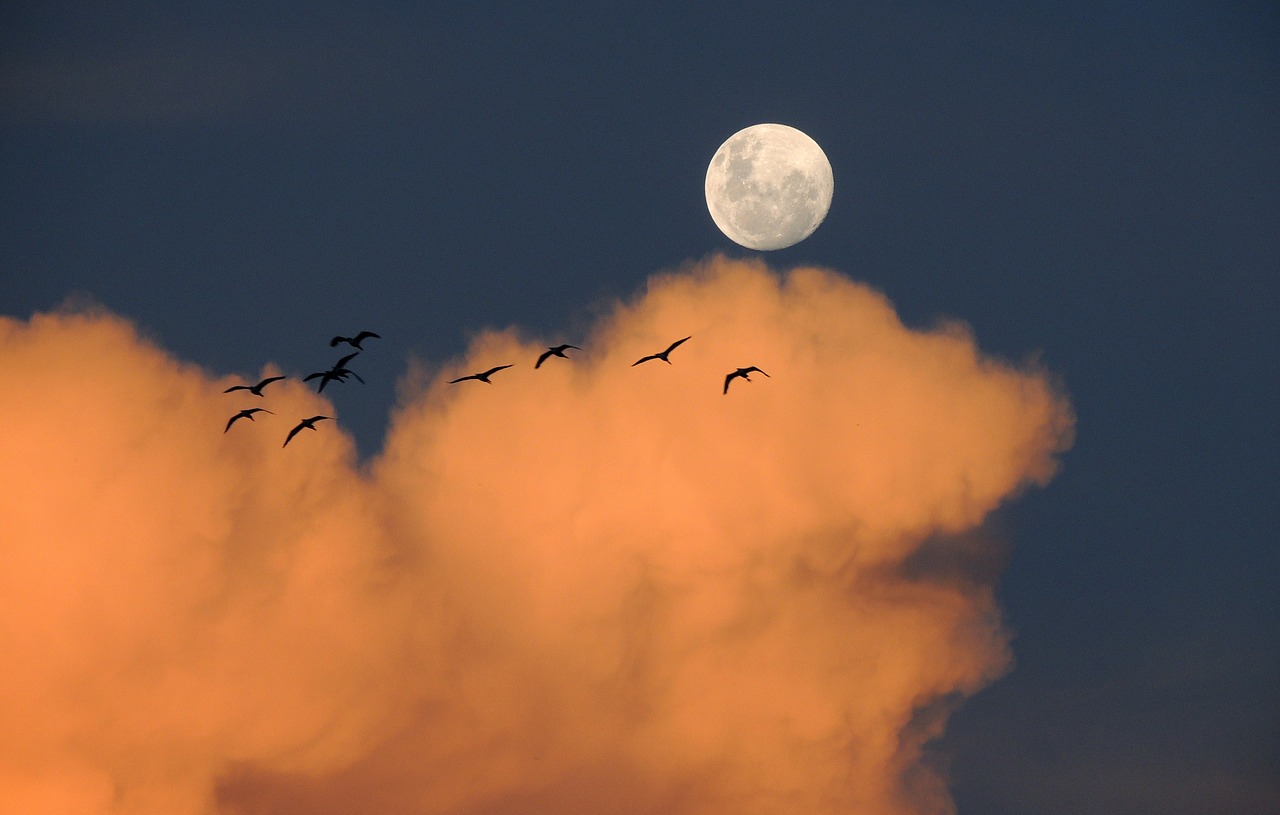
AB 2382 by Assemblymember Alex Lee recently passed out of the Senate Governmental Organization Committee (10-2) and is now headed to the Senate Appropriations Committee. In order to curb the harmful impacts of artificial light at night (ALAN), the bill requires all outdoor lighting fixtures installed or replaced on state buildings and structures after Jan 1, 2023, to have external shields to redirect light, be equipped with either an automatic or shutoff device, or be motion-activated.
Increased light pollution throughout California and globally has had a disruptive impact on the circadian rhythms and migratory patterns of animals. According to the National Audubon Society, 70% of bird species migrate each year. Of those birds, 80% migrate at night, navigating to and from their breeding grounds using the night sky. However, excess artificial light attracts nocturnal-migratory birds and diverts them away from safe migration routes to human environments, where they are more susceptible to collisions with buildings and structures.
“Every day in the United States, at least one million birds die from colliding with buildings or structures,” said Assemblymember Lee. “AB 2382 is a small but meaningful change that can have a significant impact on our ecosystem.”
In addition to the impacts on migratory birds, studies have demonstrated that light pollution can alter the behavior of other wildlife, often resulting in the death or decline of species such as turtles, birds, fish, reptiles, and insects. For example, ALAN can affect insect movement, foraging, and reproduction. When caught in a light plume of a light fixture, insects can circle around it until they die, or until the light is extinguished.
Humans can also be negatively impacted by light pollution, as ALAN can interfere with natural circadian rhythms. Sleep disorders, depression, cancer, and other adverse health conditions have been linked to circadian disruption in humans. For teens and adolescents who live in areas that have high levels of artificial light at night, they are more likely to have mood and anxiety disorders, as well as interrupted sleep patterns.
In order to curb the negative impacts of ALAN, the bill will require all outdoor lighting fixtures installed or replaced on state buildings and structures after Jan 1, 2023 to have an external shield to direct light to where it is needed, be equipped with an automatic or shutoff device, or be motion-activated. The bill is now headed to the Senate Appropriations Committee.
